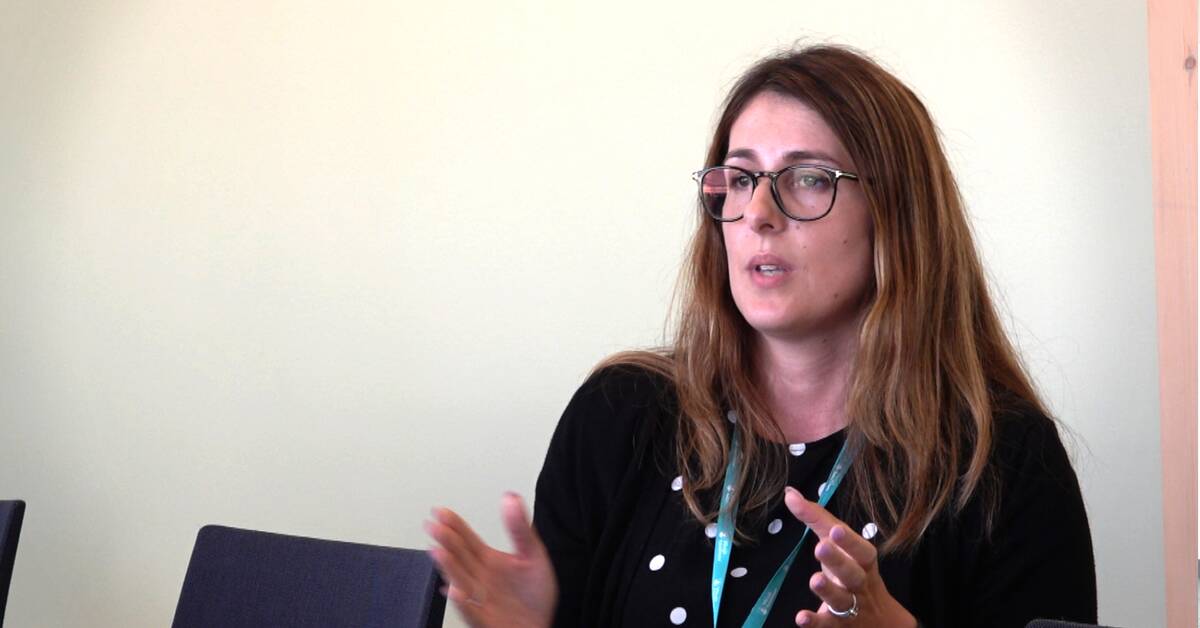Social action groups (SIG) are described by the National Board of Health and Welfare as "part of society's work to counter criminal groups" and are basically a collaboration between the municipality, police and other actors - which will form a tailor-made team around individuals who have a criminal lifestyle.
The project was praised by politicians, and in the spring of 2018, three moderate politicians wrote in a debate article: "The social action groups should be more".
But two months later, the cooperation agreement with the police expired.
When we ask politicians Oliver Rosengren (M), Pernilla Tornéus (M) and social director Rizana Mustedanagic about this, everyone claims that the working method still remains.
- Although we do not call it social action groups, says Pernilla Tornéus (M) to SVT.
Lacks agreements and coordinators.
Today, 109 municipalities in the country work with SIG, but Växjö is not one of them, according to Brå.
BRÅ's guidelines for SIG state that: "At least a collaboration agreement between the police and the social services needs to be drawn up" and "The social services should in the agreement guarantee that at least one coordinator is appointed for the work".
Växjö municipality has none of this.
Then this model is not left, is it?
- The working method and the purpose of the working method.
To gather the police, school and those who are important in the child's network.
That is what we wanted, and I think we have succeeded in implementing it broadly, says social manager Rizana Mustedanagic.
"Larger extent"
SIG is organized differently in different municipalities, in some it works as a defector activity for criminal adults - in others the focus is on children at risk.
In Växjö, it has rather been the case that the municipality and the police have created other forms of broad cooperation, according to the social director.
- We still have the way of collaborating around individuals, to a greater extent, says Rizana Mustedanagic.

